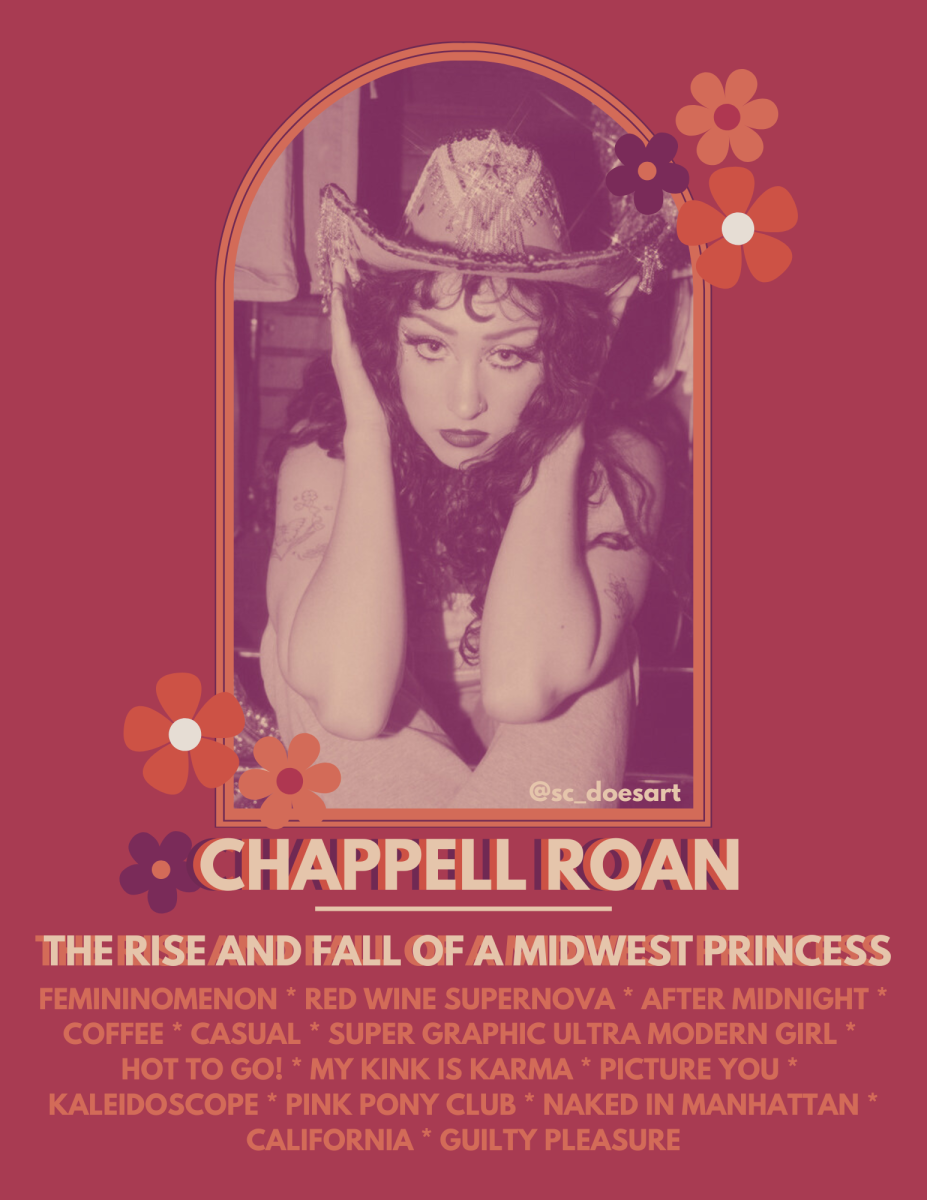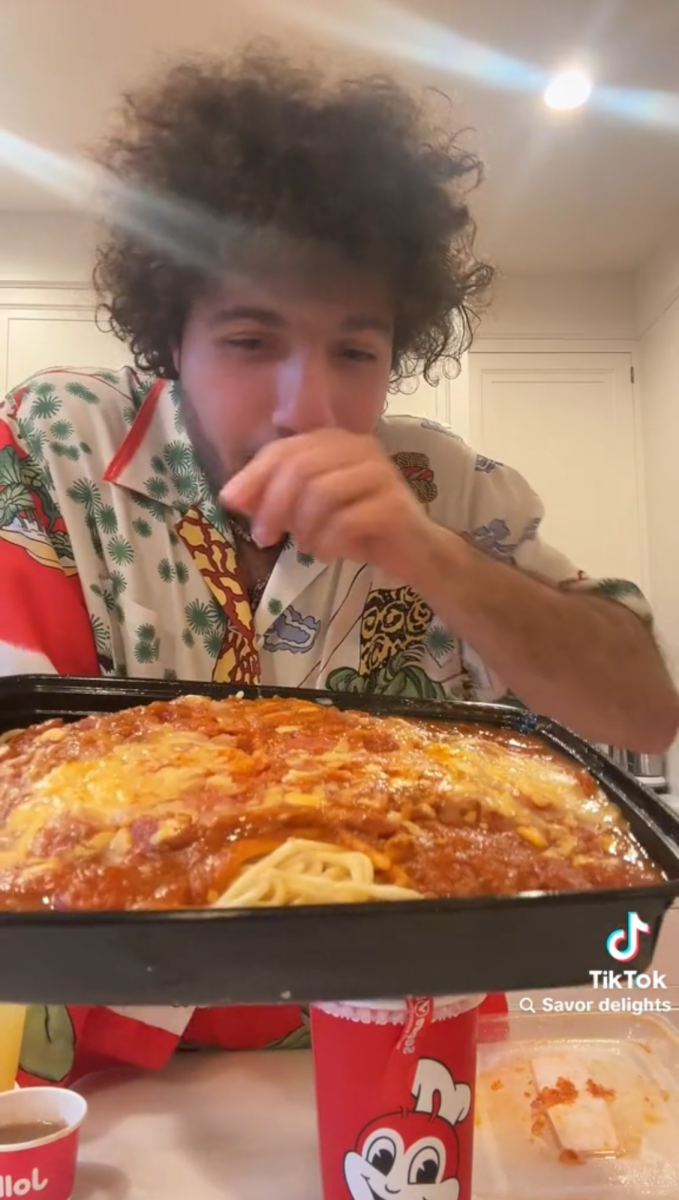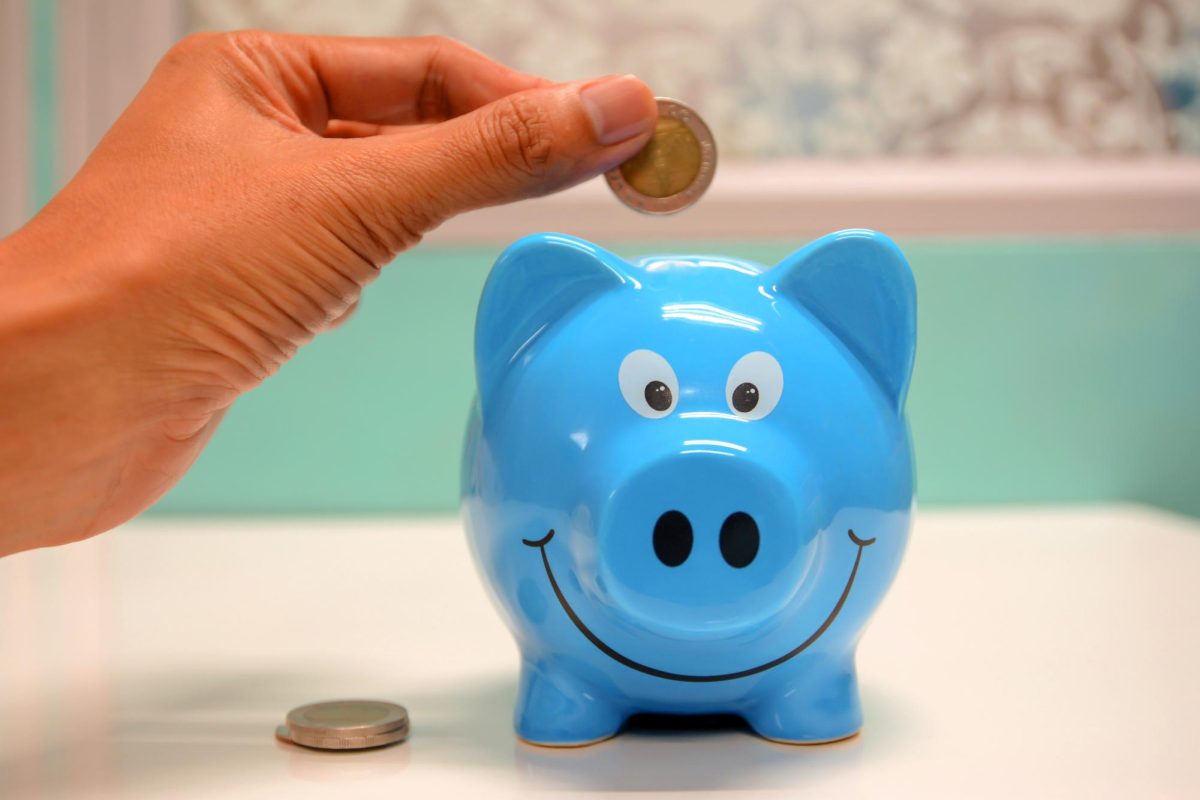On Wednesday, more than 115,000 websites participated in the largest online protest in world history to oppose the SOPA and PIPA bills.
URLs and HTTPs united with physical demonstrators in New York City, San Francisco and Seattle to force the bills to be shelved indefinitely on January 20. Among the most fervent participants was Wikipedia, which blacked out its content for 24 hours.
During that time, the website recorded as many as 17,535,733 views.
In fact, SOPA and PIPA are cunningly sly disguises that authorities wear to hide some of the side effects of capitalism, which include, but are not limited to censorship and “slavery” of speech and expression.
Officially, however, SOPA (Stop Online Piracy Act) and PIPA (Protect IP Act) are US House of Representatives and Senate bills, respectively. The bills were proposed as means of cutting off websites that allow web users to pirate intellectual property.
But let me tell you something before you start writing your thank-you letter to these authorities. Your own “intellectual property” has been stolen ever since the Motion Picture Association of America decided you are not mature enough to watch R-rated movies. Democracy and freedom of speech are just like Osama bin Laden’s death — a lot of people talk about it, but no one has ever seen it.
SOPA and PIPA aimed to fight websites such as The Pirate Bay (Sweden) and Megaupload (China).
These websites, which are based outside of the U.S., offer downloads considered to be illegal in the states. Now, let’s revise the last paragraph. SOPA and PIPA aimed to fight websites such as Wikileaks, which gives out way too much secret information.
The two bills are designed to operate by banning internet providers within this country from displaying unauthorized content from websites based outside USA.
However, large internet corporations such as Google, YouTube, and Wikipedia feel intimidated by SOPA and PIPA, and argue that the bills pose threats to freedom of speech. Websites which host user-generated content are particularly vulnerable to the proposed laws. For example, YouTube would have to substantially alter its democratic policy to obey SOPA and PIPA.
The bills will punish websites for the content a single user has posted.
The copyright argument itself is controversial because often times both the media company and the artist profit from those illegal downloads and postings.
The internet offers a tribune for every aspiring musician, and downloads of individual songs or even whole albums introduce the product to wider audience, which is eventually going to buy logo shirts and attend concert tours.
The web has been responsible for the revolution of 21st century indie music and some of the bands which have used the internet for radical self-promotion including Radiohead, Arctic Monkeys, and Bright Eyes.
If SOPA and PIPA bills are passed, our culture will be largely limited to what MTV is playing.
How do you feel about that? Do you feel like cursing?
Please, don’t.
You might get the “R” rating.







